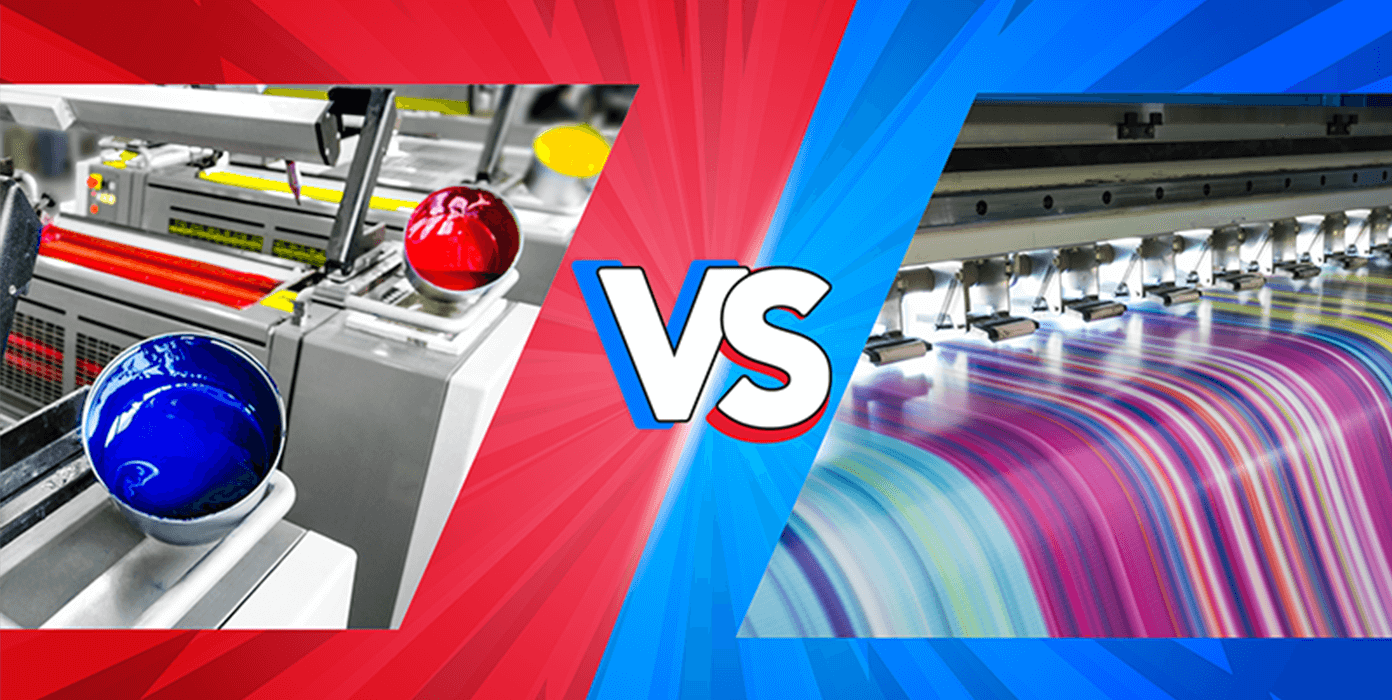The Definitive Guide to Digital Printing
Table of ContentsDigital Printing Things To Know Before You BuyWhat Does Digital Printing Mean?Examine This Report about Digital Printing8 Simple Techniques For Digital PrintingAll About Digital PrintingIndicators on Digital Printing You Need To KnowOur Digital Printing IdeasDigital Printing - The Facts
Modification likewise enables organizations to stand out in a jampacked market by creating one-of-a-kind advertising products that differentiate them from their rivals. Among the main benefits of digital printing is the capability to publish variable data. Each printed piece can be unique, enabling businesses to develop individualized advertising products that speak straight to their target market.Digital printing additionally permits for personalization in the style of advertising products (Digital Printing). With digital printing, organizations can create designs that are distinct and tailored to their specific demands.
7 Easy Facts About Digital Printing Explained
By publishing smaller sized amounts of advertising and marketing products, organizations can minimize waste and prevent the need for excess supply. Digital printing is likewise functional.
By making use of various materials and layouts, organizations can create distinct advertising materials that stick out from their competitors and stand out from their target audience. Digital printing also provides uniformity. With typical printing methods, there is usually variation in between prints because of distinctions in ink protection, pressure, and various other variables.
This uniformity can help construct client depend on and trustworthiness, showing that the business is devoted to supplying premium products. Uniformity is particularly important for services that intend to develop customer trust and reputation. By ensuring that every print is regular, businesses can show that they are devoted to giving premium materials and taking note of the details.
Digital Printing Things To Know Before You Get This

In enhancement, digital printing generates less waste due to the fact that it can print as needed and in smaller sized amounts, lowering the demand for excess supply and products. Digital printing additionally utilizes less energy contrasted to traditional printing techniques. Digital printers do not call for as much power to operate, as they do not need to warm up as a lot or make use of as much power to run.
8 Easy Facts About Digital Printing Explained

Countered printing needs a plate for each and every shade published. Standard offset printing is a print approach that makes use of light weight aluminum plates to transfer ink onto a rubber sheet (usually referred to as a "blanket"). The photo is after that rolled onto the printing surface. This printing approach is taken into consideration "balanced out" since the ink is not moved to the paper directly.
Fascination About Digital Printing
Countered printing enables for a broad array of print products to be utilized throughout manufacturing. The high-grade pictures generated through balanced out printing make it the recommended technique, particularly among graphic developers, when seeking the best color reproduction, detail, and professional-looking prints.
The fundamental printing approach remains balanced out. For electronic inkjet printing, ink is moved directly onto the surface area. Instead of depending on light weight aluminum plates and rubber blankets to transfer an image, electronic printing uses fluid ink throughout production. Conventional home inkjet printers are among one of the most common digital printing methods.
About Digital Printing
Since countered printing can blend custom shade inks for each job, it will naturally obtain the shades spot-on. Count on offset printing Read More Here for tidy, unique types and pictures without touches or places.
It costs a great deal to start a balanced out job. You need to spend cash into developing the plates, which takes some time. When you've spent it, all of the products are all set to go, and you'll spend much less on large offset tasks than an electronic print, which is about the exact same per piece no issue just how large the job obtains.
Each print equals. Read Full Article You risk fewer strange variants caused by discrepancies in water and ink. Digital printing is much less expensive for low-volume work. The cost each drops for digital printing, so at some time, they crisscross. Altering info within a solitary print job. For example, claim you were printing out postcards advertising a concert.
Some Known Factual Statements About Digital Printing
While electronic printing or inkjet printing is the recommended selection in the existing times, there are engaging factors to transform from offset to digital printing systems. When printing offset or electronically, vital decisions and procedures are involved in shade matching.
Industrial inkjet printing offers adaptability for printing on lots of different substrates. Digital printing is optimal for customers who do not require longer runs and warehousing materials.

One benefit of digital printing is choosing from a large array of digital substrates. With digital printing, the price of the substrate in the general job is tiny.
The Facts About Digital Printing Uncovered
drop-on-demand is the second printing modern technology to take into consideration. Continual inkjet systems call for considerable upkeep, more operator training, and higher downtime. Tools prices in inkjet printing are far lower than balanced out printing as there are no plate-making, plates, and press costs. Beyond the capital spending, the prepress tools and printing presses call for highly knowledgeable drivers in offset printing, which adds labor prices.